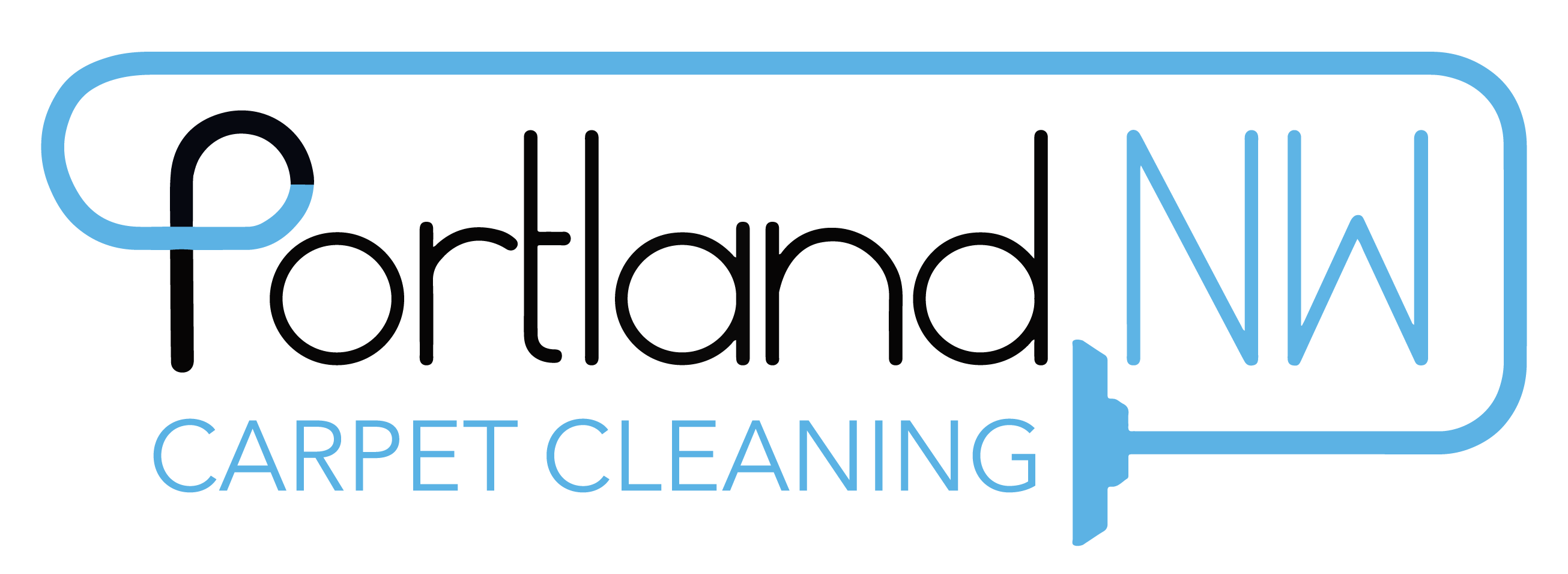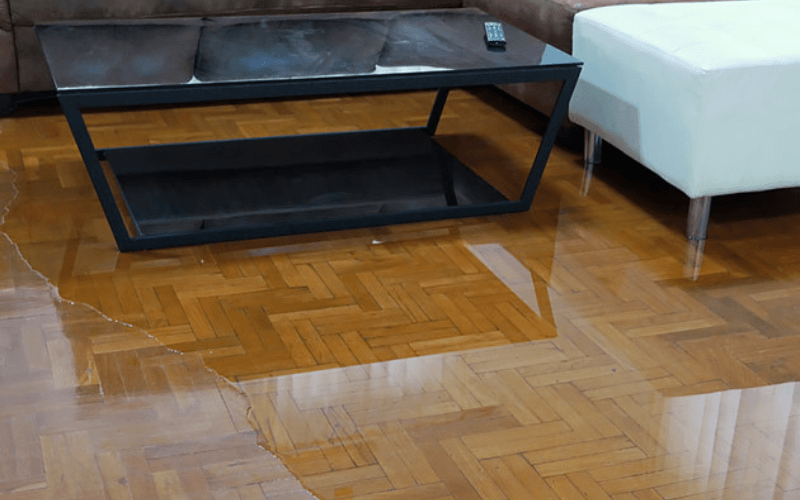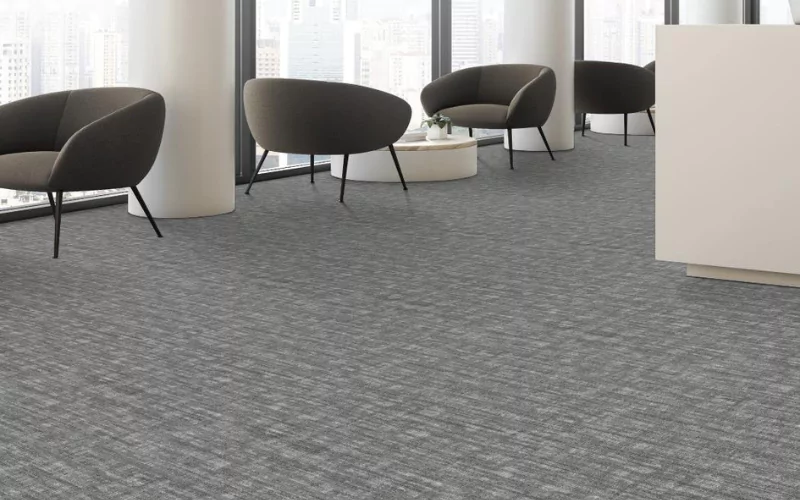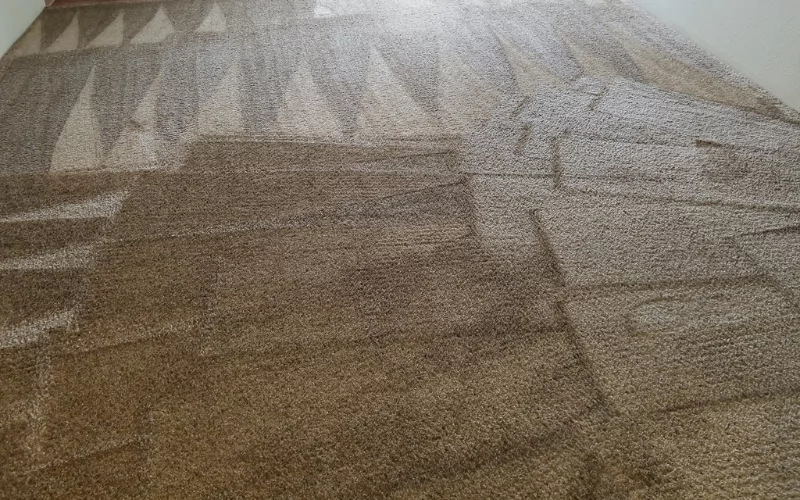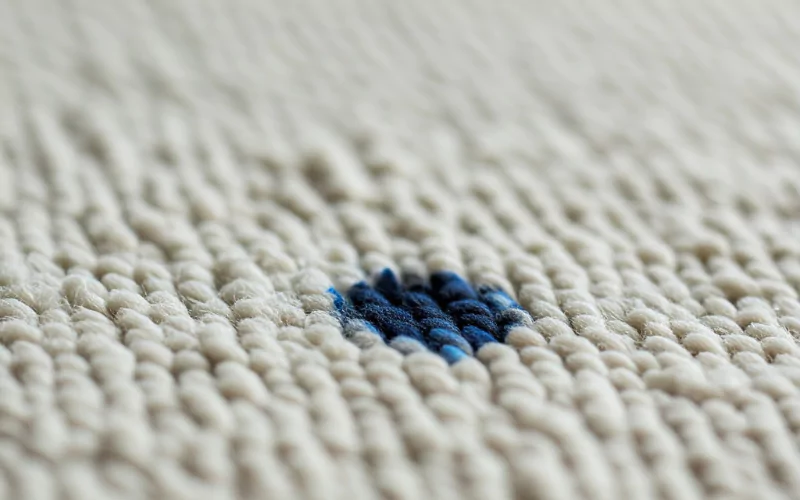Water is essential for life, however, at times, the damage it unleashes unexpectedly is what a homeowner best needs to avoid on any given day. From costing you expensive repairs to disrupting your life for weeks, the consequences of water damage incidents can literally exceed one’s initial expectations.
To never let such damage become a reality, make sure you walk past this comprehensive blog to understand the most common causes of water damage and take the subsequent steps in order to prevent them and keep your home safe.
Prevent Water Damage: Five Most Important Causes
1. Gutters Heavily Clogged
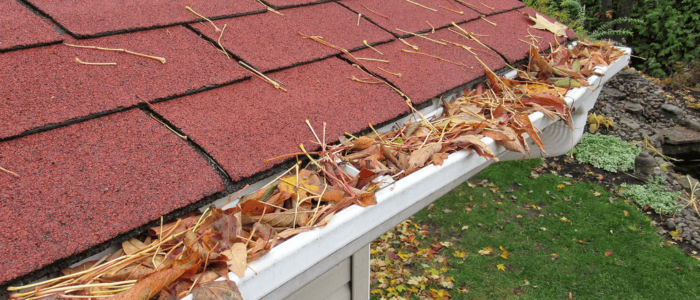
Gutters, as you know, are designed to channel rainwater away from your roof and foundation But when they clog with leaves, debris, or ice dams, they can’t handle the trapped water, overflowing excessively.
This can cause water to cascade down your walls, pool around the foundation, or even back up onto your roof. Therefore, regularly schedule gutter cleaning, especially before and after seasons with heavy leaf fall.
Additionally, trim back trees, as overhanging trees contribute heavily to gutter clogs, and consider investing in gutter guards which allow water to flow through while blocking leaves and debris.
2. Failures In Plumbing
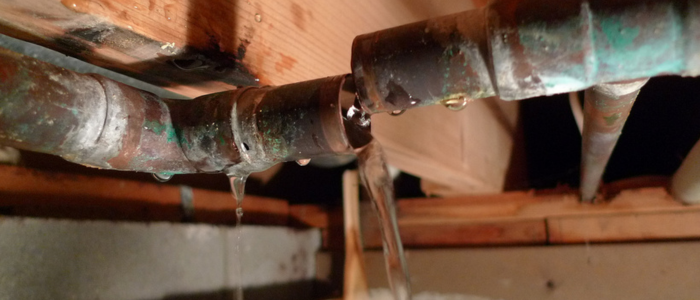
As they are hidden behind walls, under floors, or underground, pipes often leak due to a number of reasons, and by the time a leak is noticed, a significant amount of water damage may have already occurred.
Moreover, unlike other water sources, like a roof leak which might be seasonal, plumbing failures can leak persistently, allowing for continuous water exposure, and leading to extensive damage.
To prevent such unnoticeable damage, it’s important to regularly inspect pipes, checking for cracks or loose connections. Keep an eye out for indicators of leaks, such as water stains, distorted walls, or soft spots on floors. And consider scheduling routine professional maintenance to avoid potential issues.
3. Malfunctioning Appliances
Several appliances, especially placed in the kitchen like washing machines, dishwashers, and refrigerators rely on a constant flow of water. A minor leak in these appliances can actually go unnoticed for days, leading to significant water buildup before it’s discovered.
The challenge arises from the fact that appliance hoses and connections are typically concealed behind or under the appliance, making leaks difficult to spot.
To address this, it is recommended to regularly inspect your appliances for leaks, aiming to identify any indications of moisture around the unit’s base, behind the appliance, or underneath, at least once a month.
4. HVAC Problems
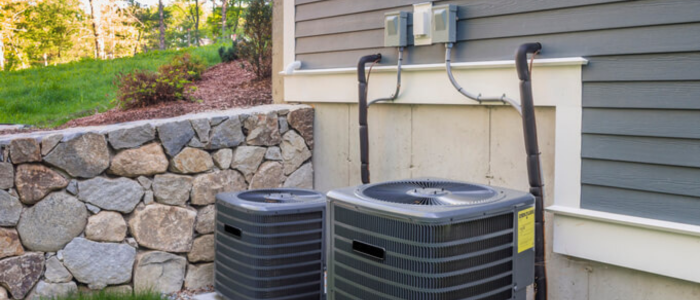
While in operation, the HVAC system removes moisture from the air, causing it to condense on the evaporator coils and then drip into a drain pan. Disruptions such as a clogged drain line or a malfunctioning pump can result in water overflowing the pan and leaking onto floors or ceilings.
Besides, a dirty air filter or low refrigerant levels can also restrict airflow over the evaporator coils. This can cause them to freeze over and when the ice melts, it creates a large amount of water that can overwhelm the drain system and lead to leaks.
As a solution, change air filters regularly for proper airflow and prevent coils from freezing. Furthermore, scheduling routine maintenance, including an annual professional tune-up, can help identify potential problems with the drain line, refrigerant levels, and airflow.
5. Sewage Backups
Sewage water contains harmful bacteria and pathogens, which may lead to severe illness upon contact. In addition to health risks, it can also cause damage to floors, walls, furniture, and belongings, leading to mold growth and further home damage.
To prevent potential disasters, ensure only toilet paper is flushed and avoid disposing of grease, wipes, or hygiene products down the drain to prevent clogging and backups.
Most importantly, consider having your drains professionally cleaned every year or two to remove any buildup before it becomes a problem.
Summing Words!
Water damage is a potential risk that can occur at any moment, whether it is due to plumbing issues or malfunctioning appliances. The severity of the damage can be considerable if immediate action is not taken.
Therefore, it is important to take note of the most susceptible causes and take preventative measures from such a disaster wreaking havoc on your property in the first place.
